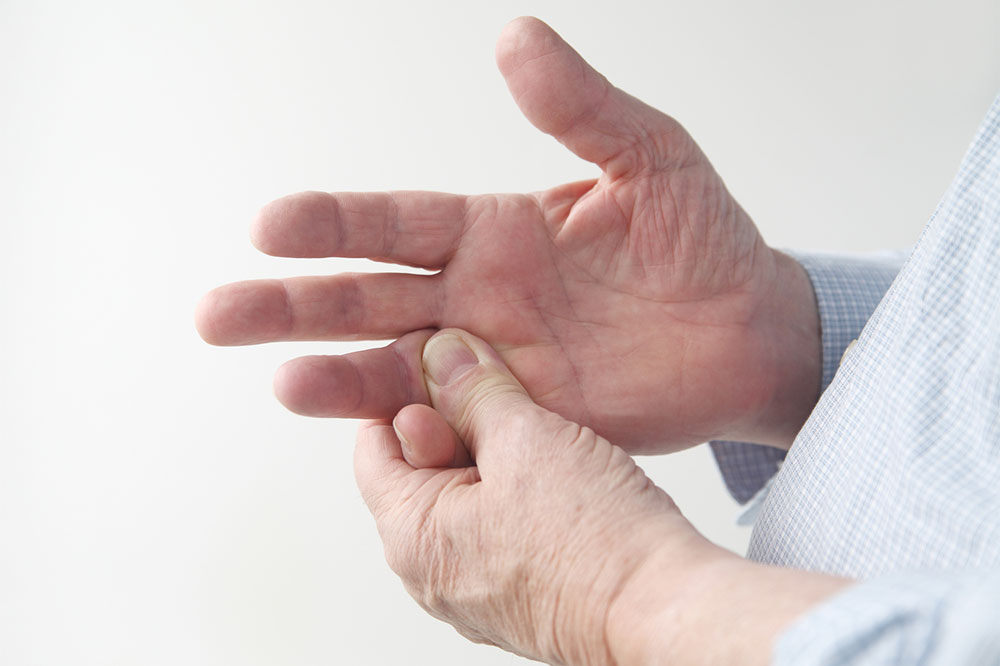
health
Top 7 lesser-known signs of multiple myeloma
Multiple myeloma is a cancer that affects plasma cells in the bone marrow and is often misdiagnosed. While some symptoms like bone pain and fatigue are more widely recognized, there are lesser-known signs of multiple myeloma that may not immediately raise alarm bells. It’s crucial to be aware of these subtle indicators, as early detection can make a significant difference in managing this condition. So, here are 7 lesser-known signs of multiple myeloma. Frequent infections One lesser-known sign of multiple myeloma is an increased susceptibility to infections. Plasma cells play a crucial role in a person’s immune system, and when they are compromised by cancer, one’s body becomes less efficient at fighting off infections. If someone finds themselves falling ill more frequently or experiencing recurrent infections, it could be a sign that their immune system is compromised. Skin changes Multiple myeloma can sometimes lead to skin-related symptoms, including the development of small, red, or purple spots on the skin, known as petechiae. These spots are caused by bleeding under the skin and result from the cancer affecting blood clotting factors. While petechiae can have other causes, their presence, along with other concerning symptoms, should prompt a discussion with a healthcare provider.
Read More 










